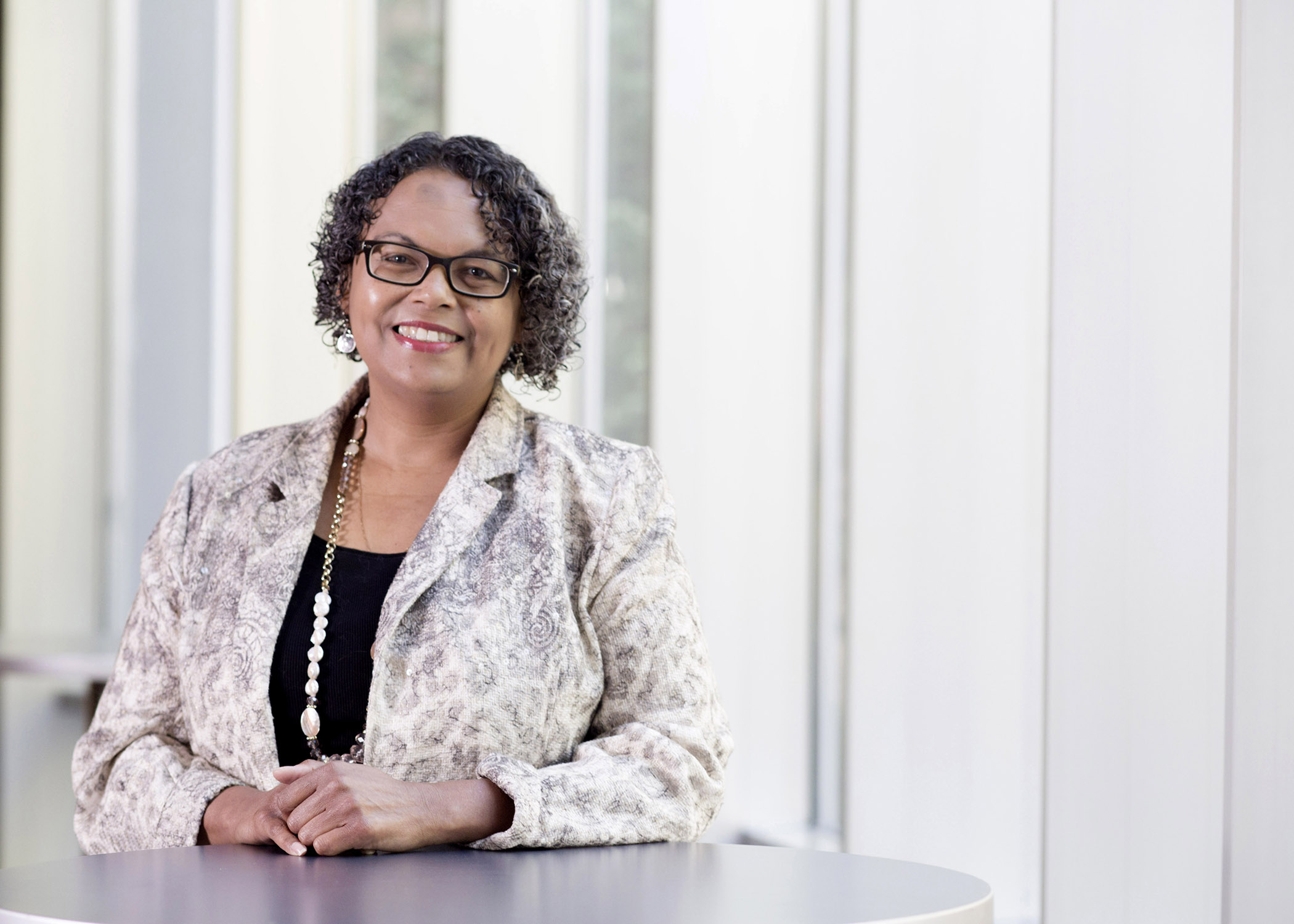Suzanne Barbour views the students she has mentored as part of her legacy; a contribution to changing the lives of individuals and advancing the frontiers of research and scholarship. As the new dean of UGA’s Graduate School, her legacy now extends to the university’s more than 8,000 graduate and professional students and to the thousands more who will enroll in the coming years.
Barbour said she first became interested in administration when she was tapped to direct the graduate program in the biochemistry and molecular biology department at the Virginia Commonwealth University School of Medicine.
“I came to realize that as much as I enjoy working with students one-on-one in the laboratory, I also really enjoy developing programs and thinking more globally about graduate education,” Barbour said.
Barbour directed the graduate program in biochemistry and molecular biology for a decade and for four years was the principal investigator or co-principal investigator on four training grants from the National Institutes of Health to maximize student diversity. Her six years of service on the American Society for Biochemistry and Molecular Biology’s education and professional development committee broadened her perspectives on the challenges and opportunities facing graduate education, and a yearlong leadership development program at Drexel University fortified her skill set through coaching, networking and mentoring.
She has served on scores of research and training grant review committees over the course of her career. In 2013, she was asked to serve as a program director in the National Science Foundation’s Division of Molecular and Cellular Biosciences. But when the opportunity to lead the graduate school at a university that has its ambitions set on raising the quality of its graduate programs and the impact of its research enterprise, she couldn’t say no.
Barbour comes to her role as dean of the Graduate School knowing that graduate education is in transition. She said that graduate education has historically trained students to be “clones of their mentors” but that less than 20 percent of today’s graduate students will become academicians. The new normal of constrained budgets at the state and federal levels combined with a greater focus on accountability and student outcomes means that resources must be allocated carefully and with an eye toward data-driven best practices, she added.
“Because resources are so limited now, we’re forced to do our homework before we take steps forward,” she said, “and I think that’s going to be very informative and that it’s going to make us much more efficient as we explore and implement new strategies.”
Barbour said one of the things she’s most excited about is broadening training opportunities for students so they can explore careers outside of academia and develop professional skills in areas such as communication and project management that will serve them regardless of the career path they choose. She added that she’s fortunate to lead a graduate school that already has strong programs and partnerships across campus.
“Graduate students are working at the cutting edge of their fields and asking questions no one is asking; they’re answering questions and getting answers that no one had ever dreamed would be found.” Barbour said. “At my core I’m an intellectual, so the idea of being able to have a window into the cutting edge of a variety of fields is really unique and something I find to be really exciting about being a graduate dean.”


